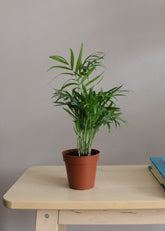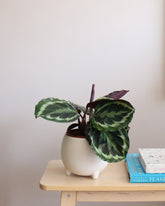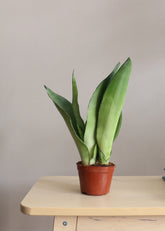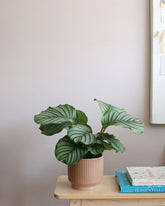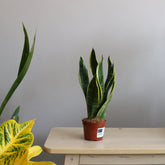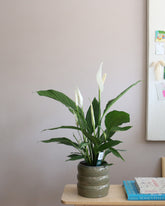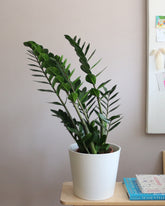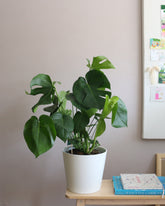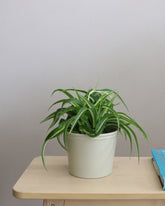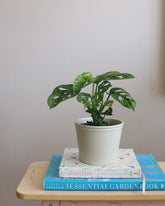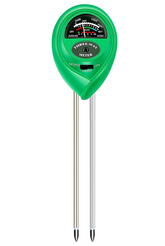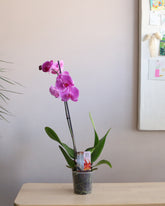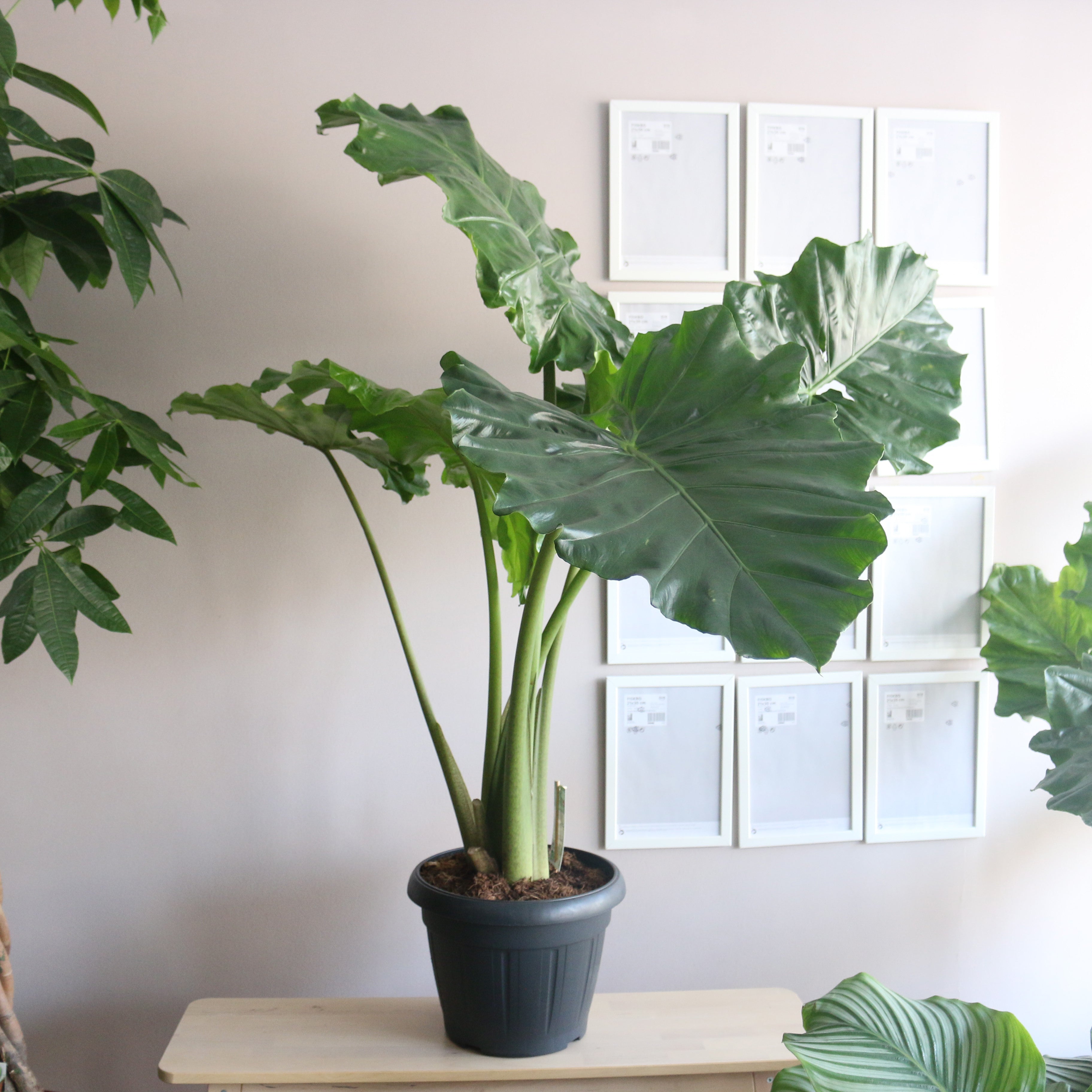Ficus Benjamina: Care, Benefits, and FAQs
Unveiling the Charm of Ficus Benjamina
Care, Benefits, and FAQs
Ficus Benjamina, commonly known as the Weeping Fig, is a lush, attractive plant that brings a touch of nature to any indoor space. Renowned for its elegant growth and air-purifying qualities, it's a popular choice among plant enthusiasts. In this article, we delve into the types of Ficus Benjamina, provide essential care tips, explore its benefits, and answer some frequently asked questions.
Types and Varieties of Ficus Benjamina
Ficus Benjamina comes in several varieties, each with unique characteristics. Some popular types include:
-
Ficus Benjamina 'Starlight': Known for its variegated leaves with white edges.
-
Ficus Benjamina 'Exotica': Features lush, deep green leaves.
-
Ficus Benjamina 'Golden King': Distinguished by its green leaves with yellow margins.
Care Tips for Ficus Benjamina
Proper care is crucial for the health and growth of Ficus Benjamina. Here are some essential tips:
-
Light: Prefers bright, indirect sunlight. Avoid direct sunlight, which can scorch the leaves.
-
Watering: Keep the soil consistently moist but not waterlogged. Reduce watering in winter.
-
Humidity: Thrives in high humidity. Consider misting the leaves or using a humidifier.
-
Soil: Use a well-draining potting mix.
-
Temperature: Prefers a warm environment, ideally between 65-75°F (18-24°C).
-
Pruning: Regular pruning helps maintain its shape and encourages fuller growth.
Benefits of Ficus Benjamina
-
Air Purification: Known for removing toxins like formaldehyde from the air.
-
Aesthetic Appeal: Adds a decorative touch to any room.
-
Psychological Benefits: Caring for plants can reduce stress and boost mood.
Frequently Asked Questions (FAQs)
-
Q: How often should I water my Ficus Benjamina?
-
A: Water when the top inch of soil feels dry. Frequency depends on the environment, but generally once a week.
-
Q: Can Ficus Benjamina be kept outdoors?
-
A: Yes, in warmer climates. It prefers temperatures above 60°F (15°C).
-
Q: Why are the leaves of my Ficus Benjamina dropping?
-
A: Leaf drop can be caused by over-watering, under-watering, or a sudden change in its environment.
-
Q: Is Ficus Benjamina toxic to pets?
-
A: Yes, it can be toxic if ingested by pets.
-
Q: How can I propagate Ficus Benjamina?
-
A: It can be propagated through stem cuttings placed in water or soil.
Conclusion
Ficus Benjamina is more than just an ornamental plant; it's a versatile, air-purifying companion that can enhance your living space and well-being. With the right care, it can thrive and bring a sense of tranquility to your home or office.
Collect Your Beauty
String of Hearts
- From 5.000 BD
- From 5.000 BD
- Unit price
- / per
Peace Lily
- From 1.500 BD
- From 1.500 BD
- Unit price
- / per
Hoya kerri
- From 3.000 BD
- From 3.000 BD
- Unit price
- / per
Oxalis
- 5.500 BD
- 5.500 BD
- Unit price
- / per
Chamedorea Elegance
- From 3.000 BD
- From 3.000 BD
- Unit price
- / per
ZZ
- From 7.000 BD
- From 7.000 BD
- Unit price
- / per
Monstera Deliciosa
- From 15.000 BD
- From 15.000 BD
- Unit price
- / per
Anthurium Zizou
- From 6.000 BD
- From 6.000 BD
- Unit price
- / per
Signature Blooms Subscription
- From 27.000 BD
- From 27.000 BD
- Unit price
- / per
Bird of Paradise
- From 24.000 BD
- From 24.000 BD
- Unit price
- / per
Baby Bio Fertilizer
- 3.000 BD
- 3.000 BD
- Unit price
- / per
Spider Plant "Bennie"
- From 6.000 BD
- From 6.000 BD
- Unit price
- / per
Calathea Roseopecta Rosy
- From 14.000 BD
- From 14.000 BD
- Unit price
- / per
Pachira
- From 3.000 BD
- From 3.000 BD
- Unit price
- / per
Monstera Adansonii
- From 6.500 BD
- From 6.500 BD
- Unit price
- / per
Ficus Lyrata
- From 16.000 BD
- From 16.000 BD
- Unit price
- / per
Ficus Americana
- From 15.000 BD
- From 15.000 BD
- Unit price
- / per
3 in 1 Soil Moisture/Light/pH Gardening Test Tool
- 5.000 BD
- 5.000 BD
- Unit price
- / per
Orchid White
- From 13.500 BD
- From 13.500 BD
- Unit price
- / per
-
Purple
-
White
-
Striped
-
Lilac
- Peach






